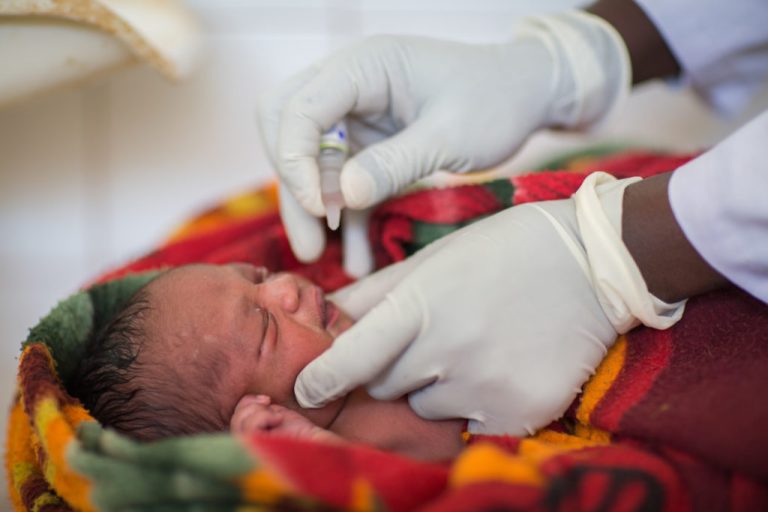Leading maternal health experts across Africa have called on governments to expand proven innovations to tackle preventable maternal and newborn deaths, warning that the continent remains off-track to meet global targets.
The experts spoke in Abuja on Wednesday, noting that Africa continues to lag behind the Sustainable Development Goal (SDG) target of reducing maternal mortality to 70 deaths per 100,000 live births by 2030.
Their remarks came at the inaugural meeting of the Accelerating Implementation for Maternal, Newborn, Child Nutrition and Health (AIM-MNCH) project, themed “Regional Think Tank,” which aims to strengthen evidence-based health interventions across Africa.
The Think Tank serves as an advisory platform, providing technical guidance to help countries translate research into practical maternal, newborn, and child health policies.
Prof. Hadiza Galadanci, Director of the Africa Centre of Excellence for Population Health and Policy at Bayero University Kano, described maternal deaths ranging from 500 to 900 per 100,000 live births as deeply alarming. She highlighted postpartum hemorrhage (PPH) as a leading cause of death that can be prevented through timely innovation.
Galadanci emphasized that expanding access to eclampsia innovations, multiple micronutrient supplements, and intravenous iron therapies could save thousands of mothers and strengthen Africa’s response to maternal health challenges.
Prof. Zahida Qureshi of the University of Nairobi said the meeting aims to accelerate adoption of the E-MOTIVE approach across Africa, promoting faster implementation and shared learning among countries. She added that the retreat would help nations develop coordinated plans to scale up maternal health innovations without repeating lengthy clinical trials.
Prof. Taiwo Amole, Deputy Director of Research at ACE-PHAP, Bayero University Kano, called the meeting a turning point for collaboration and harmonized implementation across African nations. He noted that interventions like E-MOTIVE, already active in 16 Nigerian states, have helped reduce maternal deaths dramatically—for instance, Kano State cut its maternal mortality rate from 2,000 to 500 per 100,000 live births.
Dr. Ekenem Isichei, Deputy Director of Programme Advocacy and Communications at the Gates Foundation, emphasized that the key challenge is not innovation but equitable access, prioritization, and investment. He stressed that life-saving technologies, such as the E-MOTIVE device now produced in Kano, must be accessible at every primary health centre to significantly impact maternal mortality.
Prof. Muhammad Pate, Coordinating Minister of Health and Social Welfare, highlighted Nigeria’s progress through improved partnerships, innovation, and stronger supply systems for maternal health commodities. Represented by Dr. Samuel Oyeniyi, Director of Reproductive Health, Pate commended development partners, including the Gates Foundation and UNFPA, for supporting Nigeria’s health innovations and systems reform.
He cited updated federal guidelines integrating blood pressure monitoring to address pre-eclampsia and eclampsia and noted that Nigeria’s maternal mortality ratio has dropped from 1,047 to 993 per 100,000 live births.
Pate urged continued collaboration to strengthen local innovations, accelerate commodity distribution, and save mothers and newborns, stressing that collective action is essential to sustaining progress across Africa.
The AIM-MNCH Think Tank aims to fast-track research-to-policy translation, scale up proven interventions, and ensure the long-term sustainability of maternal and newborn health innovations across the continent.


